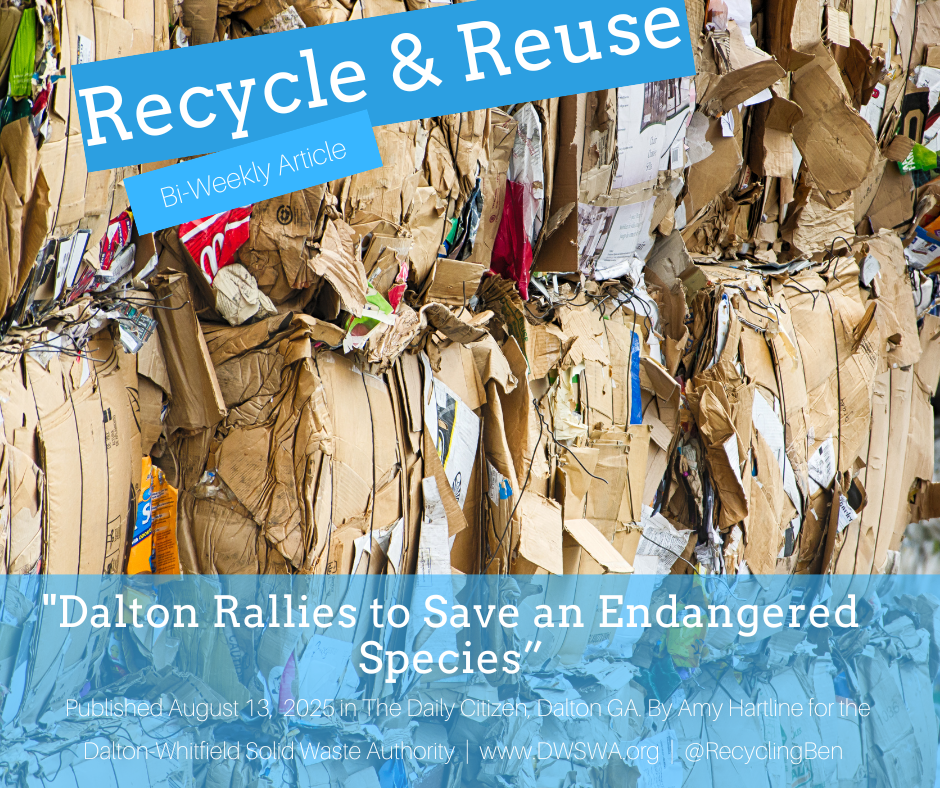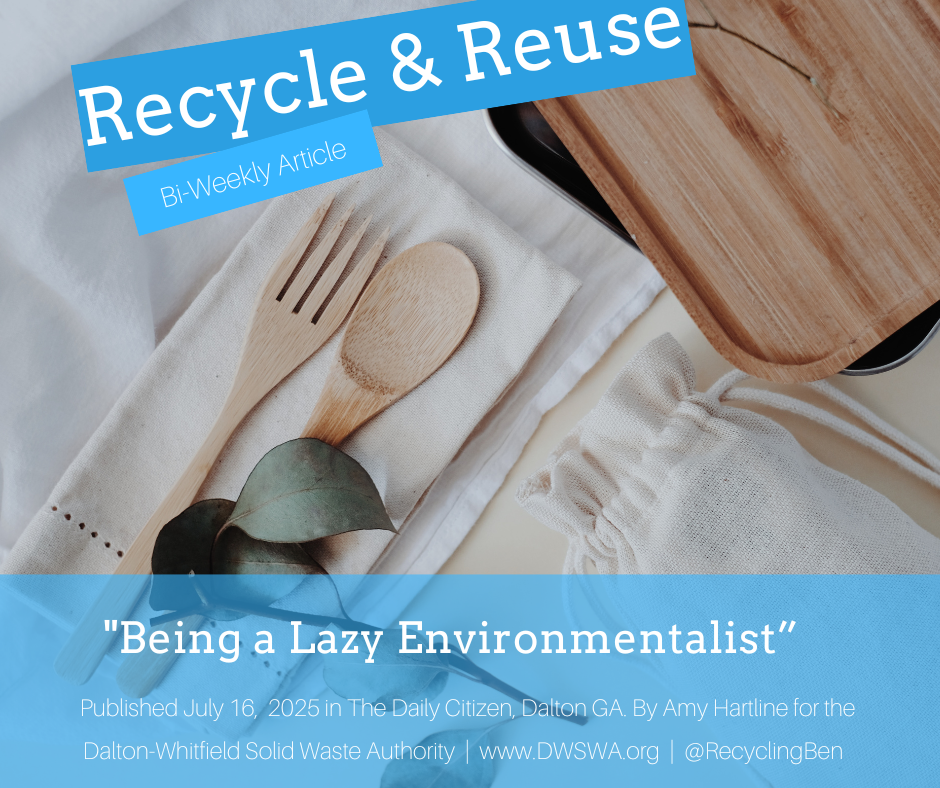Is Your Trash Causing Fires? Common Batteries Lead to Facility Fires.
/They’re powering our smartphones, laptops, and watches and, yet, many people rarely think about it. Lithium-ion batteries are used in many everyday items because they provide more energy than other types of batteries and are rechargeable. Many of us enjoy the benefits of lithium-ion batteries, without even knowing it. With these hidden batteries, come hidden dangers if they are thrown in the trash or recycling bin.
You are able to throw out single-use, non-rechargeable, non-hazardous dry cell batteries in the trash, but lithium-ion batteries need to be handled differently. Improperly disposing of your lithium-ion battery, also referred to as Li-ion Battery or LIB, can have hazardous results. In 2017, 289 waste facility fires broke out in the United States and Canada and caused three deaths and eight direct injuries, according to Fire Rover. Many of these are suspected of being caused by lithium-ion batteries. Throwing these batteries in the trash or recycling bin can lead to major fires on garbage trucks, recycling trucks, landfills, and recycling centers. Lithium-ion batteries contain a flammable electrolyte and lithium is highly reactive which poses dangers when handling it as a waste item.
As the batteries are moved around in a large truck or pushed around in a landfill, the pressure and heat can cause the battery to spark and ignite a fire. Because the battery is thrown in a pile full of paper products, cardboard, and other dry materials this fire can easily spread. In California, a survey found 83% of waste management facilities had at least one fire over the last two years of which 40% were caused by lithium-ion batteries.
You may remember a few years ago when hoverboards tucked under Christmas trees or in garages were bursting into flames. This was due to issues with the lithium-ion battery. Though combustion in daily use is rare for a lithium-ion battery, fires are more common when they are disposed of improperly. We all probably come in contact with a lithium-ion battery every day making it paramount that we know the proper way to dispose of it and what products commonly contain lithium-ion batteries so that we can prevent fires.
These batteries do not belong in your regular trash pick up or in your curbside recycling. It is a common mistake to believe that the recycling sign on the battery means it should be put in curbside recycling. That sign means that there is a way for that item to be recycled, not that you can toss it into the bin. In Whitfield County and the City of Dalton, lithium-ion batteries can be recycled for free by taking them to one of our four convenience centers; Old Dixie Hwy, M.L. King Blvd., McGaughey Chapel, and Westside or to a local Lowe’s or Home Depot.
So what items do you need to be careful disposing of so that you don’t end up causing a major fire on your next garbage pick-up day? Laptops, e-Cigarettes and vape pens, smartphones, watches, and rechargeable power tools are just a few items to look out for. As you buy rechargeable items, check for disposal information which may just appear as a trash can with a “X” through it. This indicates that it probably has a lithium-ion battery and must be managed separately. This will become even more important as technology grows. Fire Rover found that “Apple is going to add an estimated three billion mini lithium-ion batteries to the market alone with their new AirPod wireless headphones over the next 10 years.”
Improperly disposed Lithium-ion Batteries have caused entire Recycling Facilities to close just this year. In March of this year, a lithium-ion battery caught a recycling facility in New York on fire and it burned for two days before they were able to extinguish the facility. The only way to truly prevent these fires is to have your batteries managed properly. Only you can prevent these fires, so let those around you know and help protect the facilities and workers who keep Whitfield and Dalton clean.
































